Stress reduction is as effective as antidepressants in treating anxiety disorders.

A mindfulness-based stress reduction program was as effective as the use of the gold standard drug, the commonly used antidepressant escitalopram, for patients with anxiety disorders, according to the results of the first randomized clinical trial led by researchers at Georgetown University Medical Center.
The results of this study were published in JAMA Psychiatry on November 9, 2022, and were published for the first time by the United States Preventive Services Task Force on October 11, 2022, due to the high prevalence of anxiety disorders in the United States. This follows the October 11, 2022 announcement by the United States Preventive Services Task Force recommending screening for anxiety disorders for the first time due to their high prevalence.
Our study provides evidence for clinicians, insurance companies, and health care systems to recommend, incorporate, and reimburse mindfulness meditation as an effective treatment for anxiety disorders.
A major advantage of mindfulness meditation is that it does not require a clinical degree to train to become a mindfulness facilitator.” Additionally, sessions can be conducted outside of the medical setting, such as in schools or community centers.”
Anxiety disorders can be extremely distressing. Anxiety disorders include generalized anxiety, social anxiety, panic disorder, and fear of certain places and situations, including crowds and public transportation, all of which increase the risk of suicide, disability, and distress and are therefore commonly treated in psychiatric clinics.
Currently prescribed medications for these disorders are very effective, but many patients find them difficult to obtain, ineffective, or have side effects (e.g., nausea, sexual dysfunction, sleepiness) that are consistent barriers to treatment. Standardized mindfulness-based interventions such as Mindfulness-Based Stress Reduction (MBSR) can decrease anxiety, but prior to this study, the intervention had not been studied in comparison to effective anti-anxiety medications. Note that in 2017, approximately 15% of the U.S. population tried some form of meditation.
Clinicians recruited 276 patients from three hospitals in Boston, New York, and Washington, D.C., between June 2018 and February 2020, and randomized them to either MBSR or escitalopram MBSR consisted of a 2.5-hour face-to-face class, a full day at week 5 or 6 weekend retreat classes, and through a daily 45-minute home practice each day for 8 weeks.
Patients’ anxiety symptoms were assessed at enrollment and again at the end of the 8-week intervention, with post-treatment assessments at weeks 12 and 24 after enrollment. Assessments were conducted in a blinded fashion, and the trained clinical evaluators did not know whether the patients they were assessing had received pharmacotherapy or MBSR.
At the end of the study, 102 patients had completed MBSR and 106 had completed pharmacotherapy. Patients were relatively young, with a mean age of 33 years, and 156 were women (representing 75% of the enrollment).
Using a validated rating scale, the researchers rated the severity of anxiety symptoms in all disorders on a scale of 1 to 7 (7 being severe anxiety). Both groups experienced a reduction in anxiety symptoms (an average reduction of 1.35 points for MBSR and an average reduction of 1.43 points for medication, which was statistically equivalent), down from an average of about 4.5 points for both.
Olga Cannistraro, 52, who utilizes MBSR techniques as needed, said that over 10 years ago, the practice of MBSR changed her life. She was chosen to study MBSR after responding to an advertisement that said. ”
I never thought of myself as a worrier.” But I thought, “Oh, I am a worrier.” There was something excessive about the way I reacted to my environment.”
After participating in an earlier study led by Hoge, she learned two important MBSR techniques. She said, “MBSR gave me the tools to spy on myself. When I notice an anxious reaction, I can choose how to deal with it. It’s not like a magic cure, but it was like training that will last a lifetime. Instead of my anxiety progressing, it took me in a different direction, and I am so grateful for that.”
“It is important to note that mindfulness meditation does work, but not everyone is willing to put in the time and effort to successfully complete all the necessary sessions and to have a regular practice at home that enhances its effectiveness,” Hoge said. In addition, virtual delivery via videoconference is likely to be effective as long as the “live” component is maintained, such as question and answer sessions and group discussions.
Hoge noted that there are many phone apps that offer guided meditation, but researchers do not know how the apps compare to a full face-to-face, weekly group class experience.
The study enrollment ended as the COVID pandemic began in early 2020, but most enrollees completed the eight-week treatment course before the pandemic began. In addition, the researchers conducted the second phase of the study, which involved transitioning treatment to online videoconferencing during the pandemic. The researchers also hope to examine the effects of MBSR on sleep and depression.

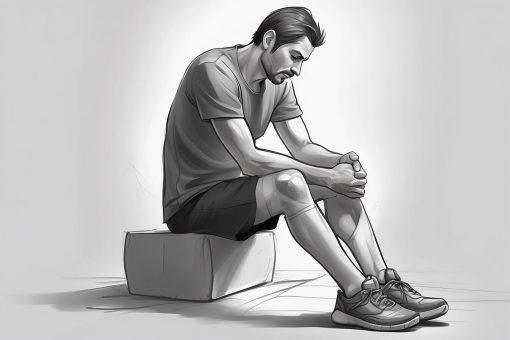
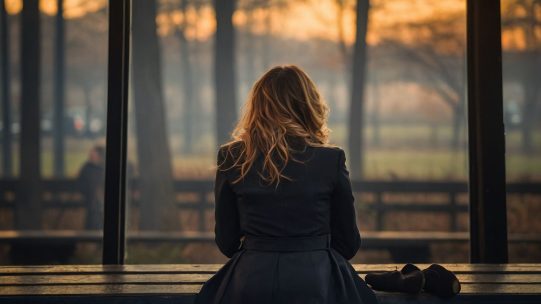

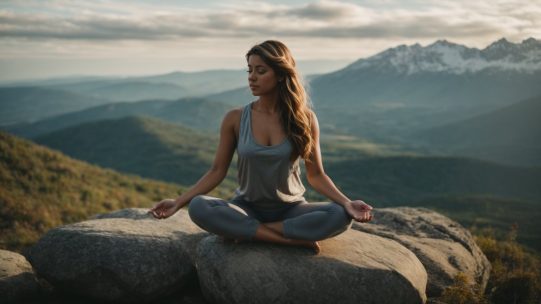
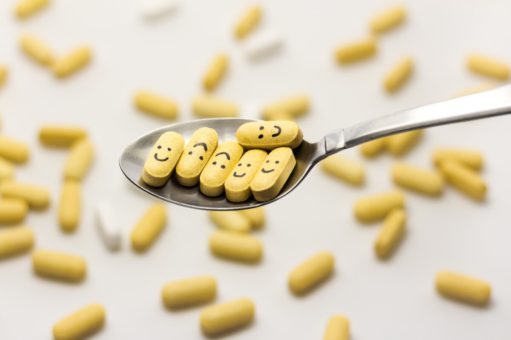
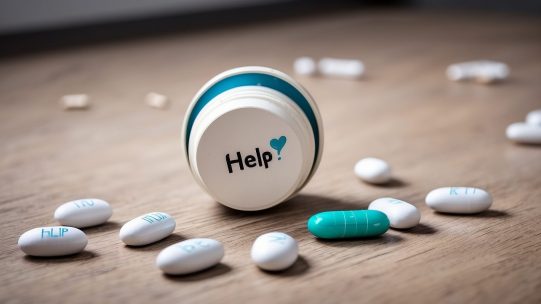
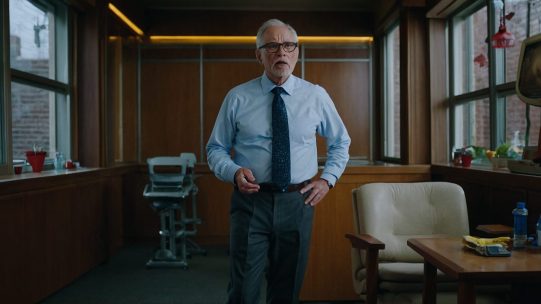
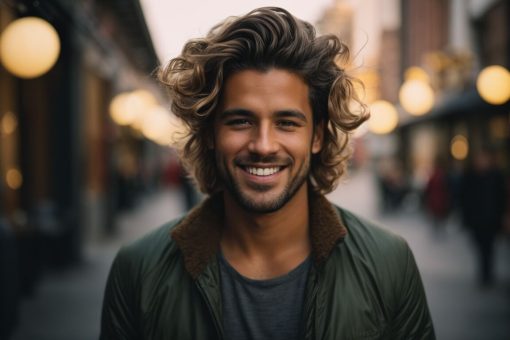
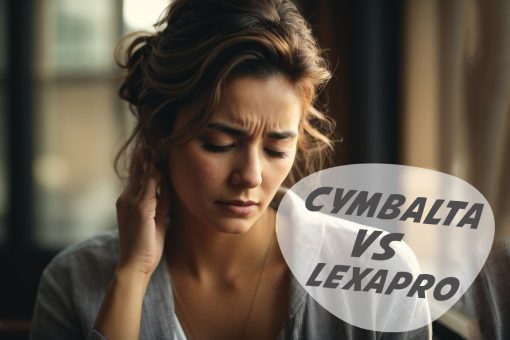
Comment